V7N, September 01 — A new geopolitical alliance seems to be forming in the Middle East as Iran, Turkey, Syria, and Russia align their interests. Iran, dubbed the "lion of the Middle East," is championing change with the support of Islamic resistance forces such as Hamas, Hezbollah, and the Houthis. Russia, under the leadership of President Vladimir Putin, stands firm against Western powers, signaling a shift in global power dynamics.
Turkey's President, Recep Tayyip Erdogan, known for advocating Muslim and oppressed communities, joins the alliance alongside Syrian President Bashar al-Assad, who continues to hold power in Syria amidst ongoing conflicts with extremist factions, including ISIS. The four nations—Russia, Iran, Turkey, and Syria—are now coordinating efforts, marking a potential strategic partnership against Western influence, particularly the United States.
Russian Foreign Minister Sergei Lavrov has indicated that the upcoming summit aims to improve relations between Ankara and Damascus, further consolidating this emerging bloc. In a recent interview with Russian media RTK, Lavrov confirmed that preparations are underway for another meeting in the near future, emphasizing both Damascus and Ankara's interest in normalizing ties.
Lavrov highlighted the significance of the 2023 Russia-Iran-Turkey-Syria summit, noting its fruitful outcomes despite the parties' inability to agree on specific next steps. He mentioned that a continued diplomatic process depends on Turkey's eventual withdrawal of its troops from Syria, a point on which Turkey has expressed readiness to negotiate.
However, specific terms for this withdrawal remain unresolved. Lavrov also mentioned ongoing discussions about the return of refugees and measures to counter terrorist threats. He expressed optimism about potential talks between Damascus and Syrian Kurdish representatives, underscoring the complex web of negotiations needed to stabilize the region.
Russia has emphasized the urgent need for a meeting between Syrian President Bashar al-Assad and Turkish President Recep Tayyip Erdogan to advance negotiations. This meeting is expected to take place on Russian soil, with Moscow actively engaging Iran and Iraq to facilitate the normalization of Syria-Turkey relations.
The prospect of a summit between the leaders of Syria and Turkey, possibly in a third country, was also mentioned by Turkish Foreign Minister Hakan Fidan in early August, suggesting that the groundwork for these high-level talks is being laid. Iran and Iraq's enthusiasm for improved relations between Syria and Turkey could have significant implications for regional stability.
As these four nations—Russia, Iran, Turkey, and Syria—prepare to sit at the same table, the world watches closely to see how this new alliance will impact global politics and the balance of power in the Middle East.



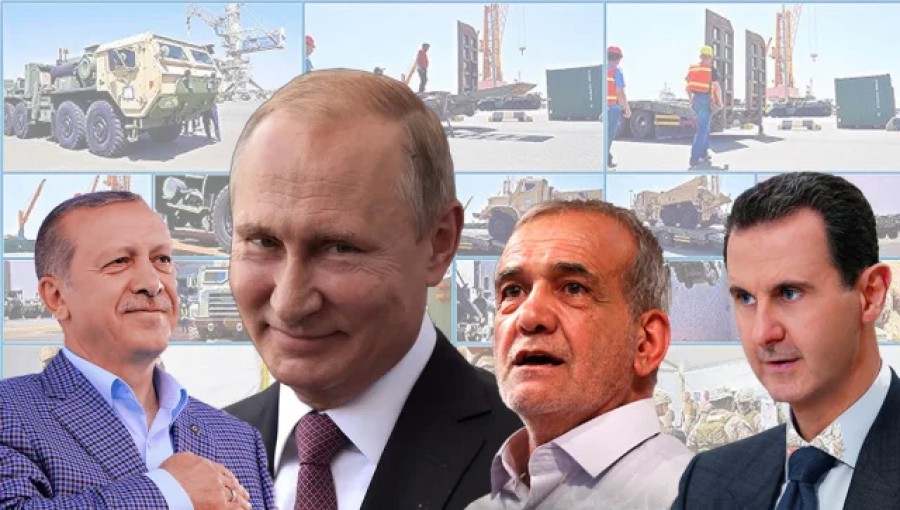
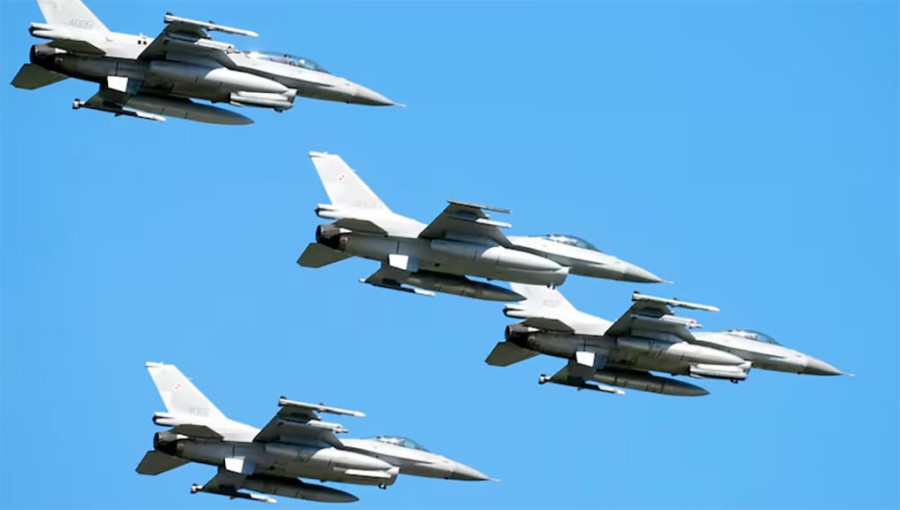
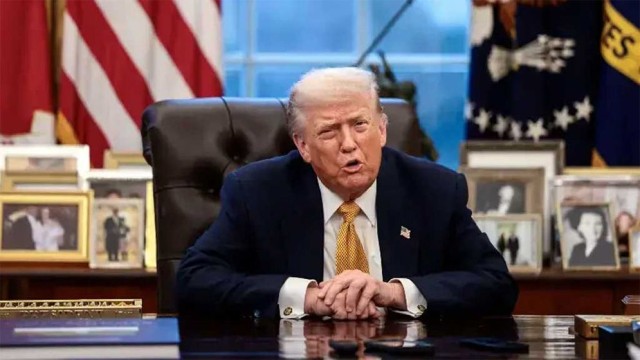
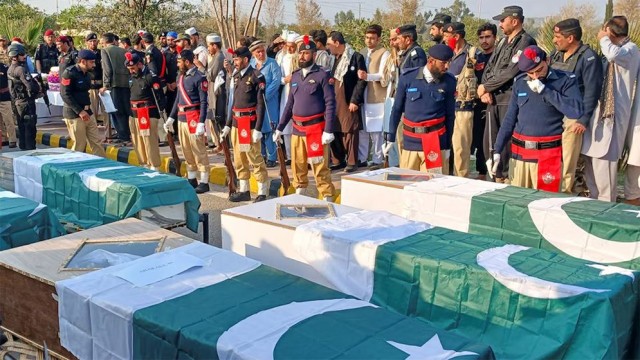


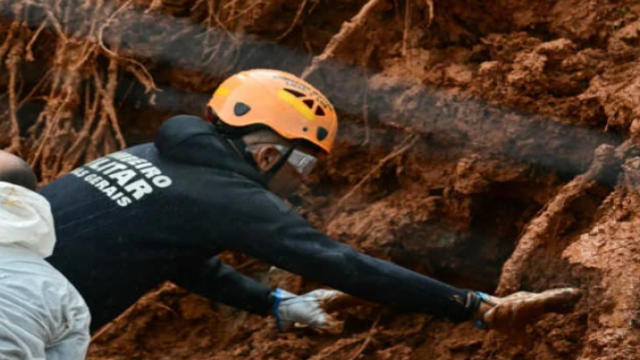



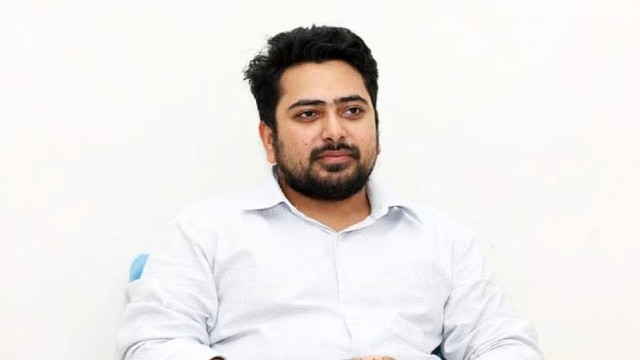

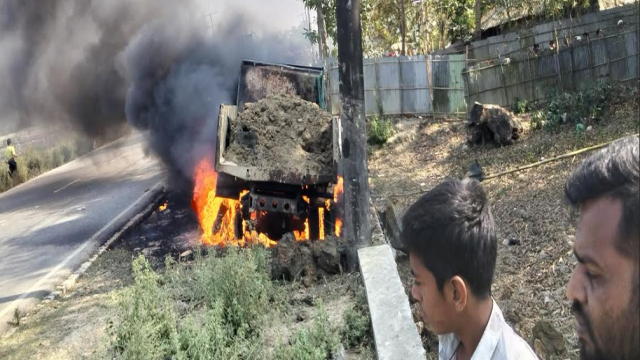

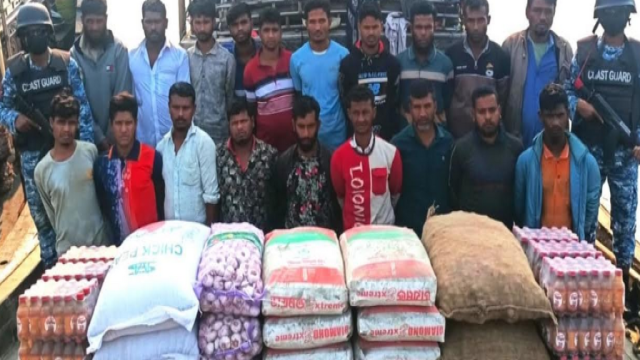






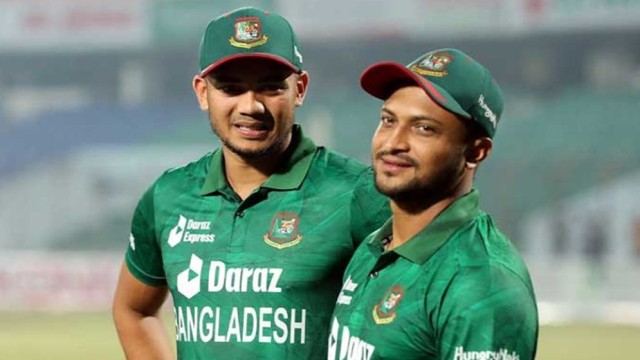
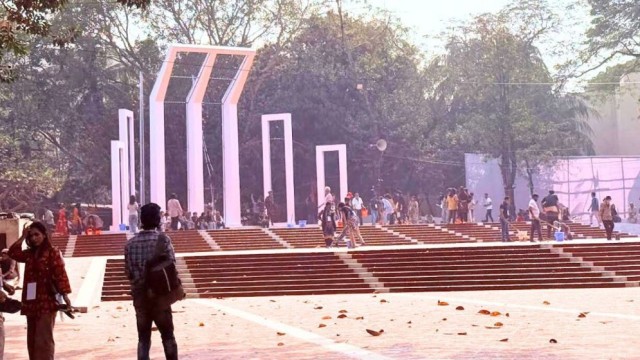
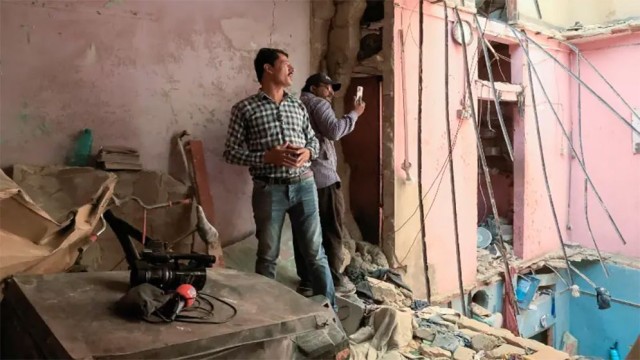

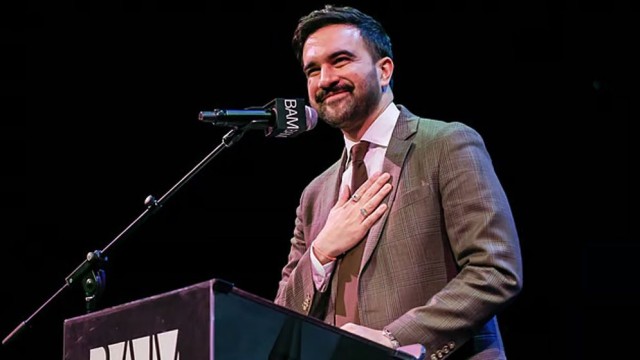
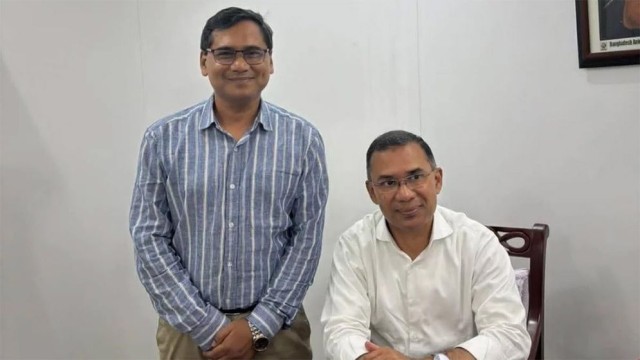
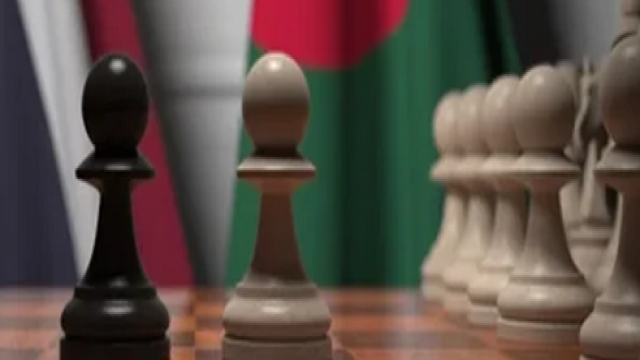
Comment: